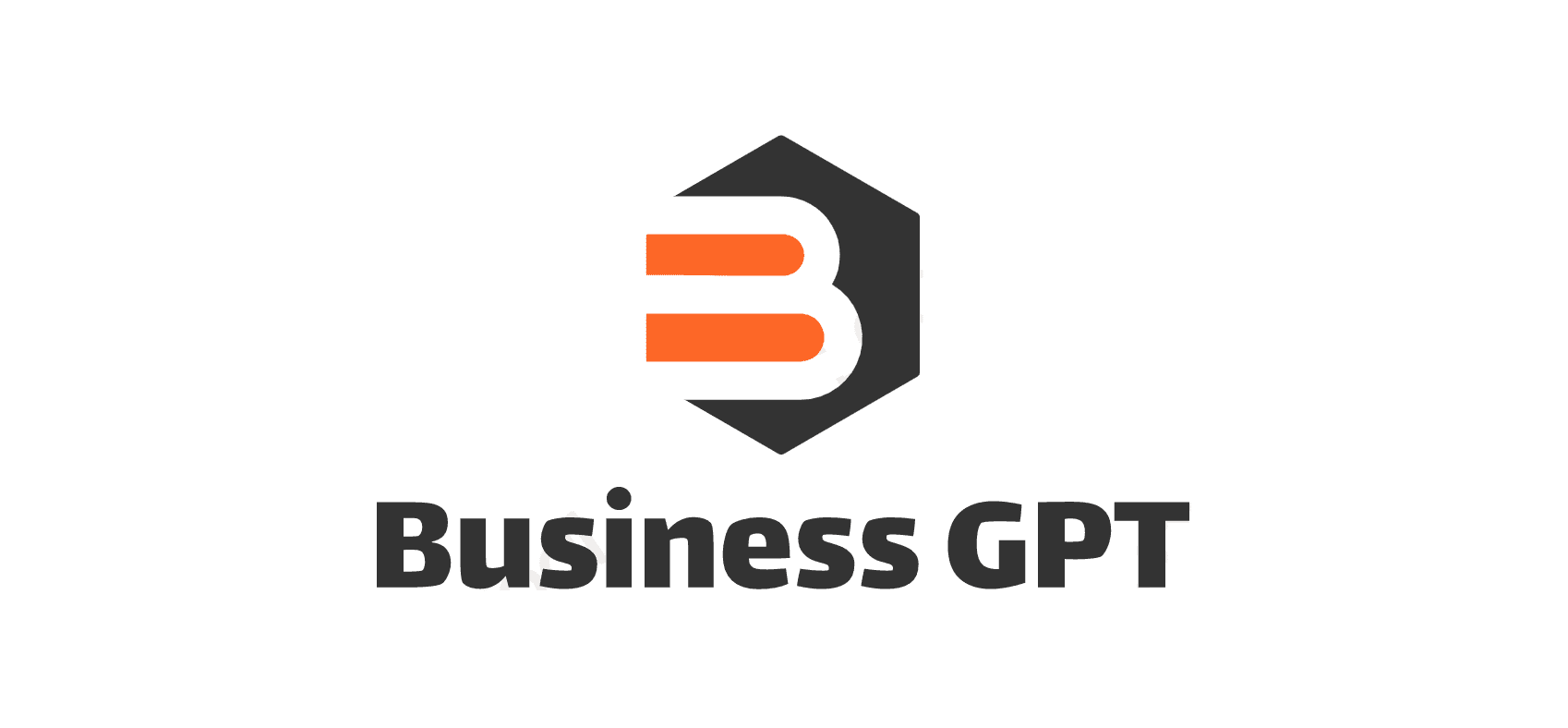A Business Owner’s Guide to Managing Small Business Finances

Managing finances is one of the most important aspects of a small business. Without a clear financial plan, a small business can lose money.
But how do you manage a small business’s finances? What steps should you take to ensure your small business is financially stable? And what do you need to know about starting a small business fast loan?
Sound complicated? It doesn’t have to be! Keep reading to find out how to manage small business finances with ease.
Creating a Financial Plan
A financial plan should be comprehensive. It should include such elements as your:
- income and expenditures
- cash flow projections
- business goals and objectives
- and tax planning
It would be best to consider setting up a budget to help you better manage your expenses. Establish an effective tracking system to keep accurate records and monitor your finances.
Forecasting your financial picture for the next few years is also important. It is to develop a plan for how you will achieve your goals. You should also be aware of potential risks you face, such as changes in consumer spending and economic trends.
Developing a Budget
Creating a budget is the key to success; several steps should be taken when budgeting. Start by evaluating available resources. Then, determine all expenses associated with operating and managing the business.
Taking the time to map out individual line items for all the projected expenses will help monitor and manage the budget. Finally, put the budget into action by tracking progress and ongoing costs and adjusting as needed.
A successful budget is maintained and monitored over time. Following a budget will give business owners the knowledge and resources to keep their businesses successful.
Financing Options
Small business owners must make a variety of decisions when it comes to managing their finances. From choosing the right financing mix to controlling their cash flow, they need to understand and manage their finances to stay afloat and move their company forward.
It also covers legal considerations, budgeting, financial literacy, and the relevant tax implications. With this information in hand, small business owners can effectively make decisions, create a financial roadmap, and plan for the future of their business.
Consider Small Business Loan
A small business loan can help to cover some short-term needs that a business may have, such as funding to cover payroll or other essential expenses. A business owner should first consider the amount needed and the best option for how to repay the loan.
Business owners should also research lenders to ensure they are reputable and experienced in providing small business loans. Taking out a loan to fund a small business can be beneficial, but it is important to consider all aspects before deciding. To avail of this loan, visit nav.com.
Evaluating Tax Strategies
Business owners may employ various strategies, such as deferring taxes later, taking advantage of tax credits, or utilizing deferred compensation plans. Researching and thoroughly understanding all potential strategies to maximize your business’s financial options is important.
Additionally, business owners must stay abreast of any changes to tax regulations, as these changes may affect their tax strategies and financial results.
Follow This Guide to Manage Small Business Finances
Business owners must take the time to understand their small business finances to ensure success. Having a plan for managing finances can decrease the chances of financial disaster and make money management easier. By following this guide, businesses can have better insight into appropriately and effectively managing their finances.
To learn more helpful tips, check out the rest of our site today!




